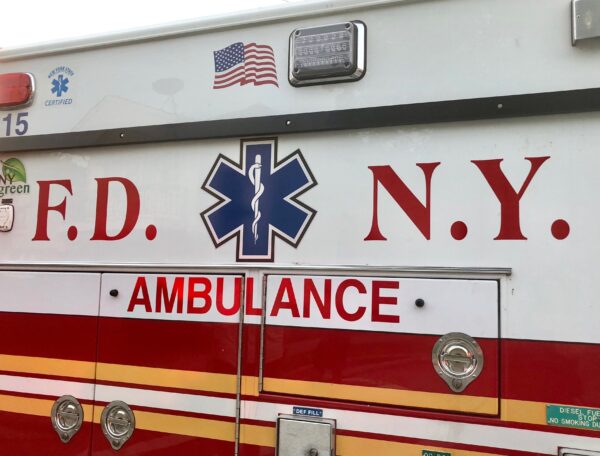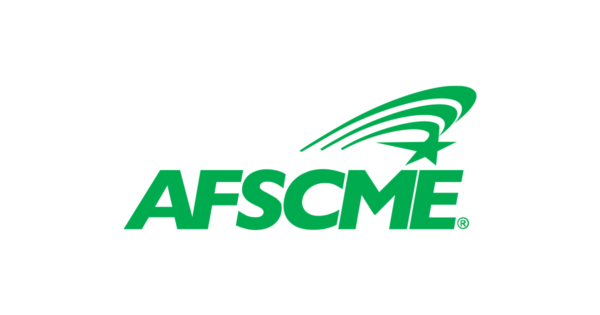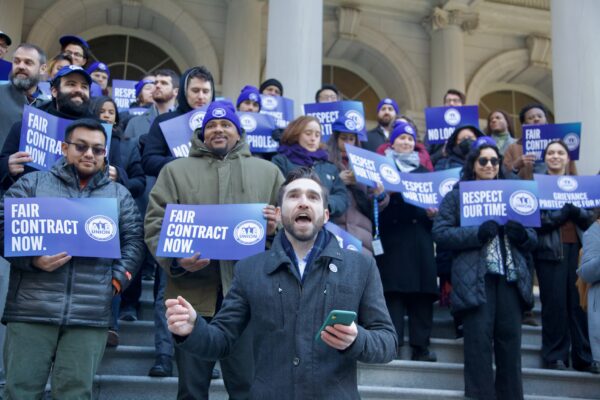
WASHINGTON—Perhaps no industry in the U.S. has been hit harder by the COVID-19 epidemic than hospitality. The UNITE HERE union estimates that 80% to 90% of its 300,000 members in the hotel, gaming, food service, and transportation industries have been laid off. Entertainment venues, professional sports, and tourist sites from Disney World in Florida to Seattle’s Space Needle have shut down voluntarily or under “social distancing” orders. Hotels in Seattle and San Francisco have closed after occupancy rates collapsed to as low as 10%. Airline travel is plummeting. On Mar. 17, Nevada Gov. Stephen F. Sisolak ordered that casinos in the state be closed for 30 days.
“What we are asking for today is a bailout for the American worker, not just for American industry,” UNITE HERE International President D. Taylor told a telephone press conference Mar. 18.
“This is something we’ve never seen before,” said José Maldonado, secretary-treasurer of Local 100 in New York and New Jersey. “Mostly all our members are unemployed.”
“The gaming industry is completely shut down,” said Geoconda Argüello-Kline, secretary-treasurer of Culinary Workers Union Local 226 in Las Vegas. “Right now, nobody’s working.”
If 9/11 was a security crisis and the 2008 recession an economic crisis, Taylor said, “this is a public-health crisis.”
Yet its economic impacts are brutal. Laid-off workers have no income, unless they’re able to get unemployment benefits. That means they’ll have trouble buying food and paying their rent or mortgage. If they have health insurance, they’ll lose it at the end of the month. People still on the job might not have enough paid sick days to cover a 14-day quarantine; the airline-catering workers UNITE HERE represents have none. And nonunion workers are much less likely to have paid sick days or health insurance from their job, while contract, freelance, and gig-economy workers have none.
All this comes at a time when workers are “already bludgeoned by an affordability crisis in the Bay Area,” says Local 2 President Anand Singh in San Francisco. “Our members are worried about April rent,” says Local 8 President Erik van Rossum in Seattle.
“We have to protect workers in their homes,” says Argüello-Kline.
Unemployment benefits are intended to sustain laid-off workers, but the system is overwhelmed. In Florida, the state program’s Website crashes regularly, and some offices where people can apply in person are closed, says Wendi Walsh, secretary-treasurer of Local 355 in Miami. Van Rossum reports similar problems in Washington state. And the payments are low, with a maximum of $275 a week in Florida and $504 in New York State.
Union officials say that some employers, including Disneyland, Disney World, Major League Baseball, the Seattle Seahawks football team, and the Space Needle, have pledged to pay workers until the end of the month. “We don’t know what’s going to happen after those two weeks,” said Taylor.
With health-insurance coverage directly linked to employment, laid-off workers also stand to lose it at the end of the month, despite the epidemic. Local 2 is lobbying Bay Area employers to extend their coverage. Hotel companies have made enough money to be “good corporate citizens,” Singh said, and they should realize that they need to “maintain a workforce” for when business returns.
In Florida, said Walsh, Disney World has agreed to extend laid-off workers’ health care, but Miami and South Florida hotels haven’t.
UNITE HERE, however, isn’t lobbying for the Medicaid for All legislation introduced in Congress last year, which would provide universal publicly financed health care, so people wouldn’t lose their coverage when they lose a job. The union’s members don’t have time to wait for legislation that might be enacted in a year or two, said Taylor.
“We need health care now. People are going to lose it at the end of the month,” he said. “We need a huge expansion of Medicaid now.”
He dismissed the paid-sick-leave bill the House passed last week as “completely ridiculous.” Now pending in the Senate, it would require employers to give two weeks of paid sick leave during a public-health emergency—but as it effectively exempts those with more than 500 employees or less than 50, it would cover as little as 20% of U.S. workers.
Taylor also finds President Donald Trump’s proposal to suspend the Social Security payroll tax “puzzling.” “You can’t get a payroll-tax cut if you’re not working,” he said.
He believes that if the federal government bails out affected industries—the airlines have asked for $50 billion, hotels for $150 billion—there should be strings attached to ensure that money goes to aiding workers. He said he’s sympathetic to industry, but without rules, companies that “don’t want to do the right thing can stall this out.”
Proposals to give everyone $1,000 each aren’t a bad idea, Taylor said—“we support getting cash in people’s hands”—but wouldn’t be enough. The federal government could help workers more, he went on, by subsidizing employer-based health plans, increasing unemployment benefits, mandating paid sick leave, and providing either some kind of housing voucher or moratorium on evictions.
As of now, “there is no safety net. The holes are so big,” he said. “The American worker is not at the table.”



